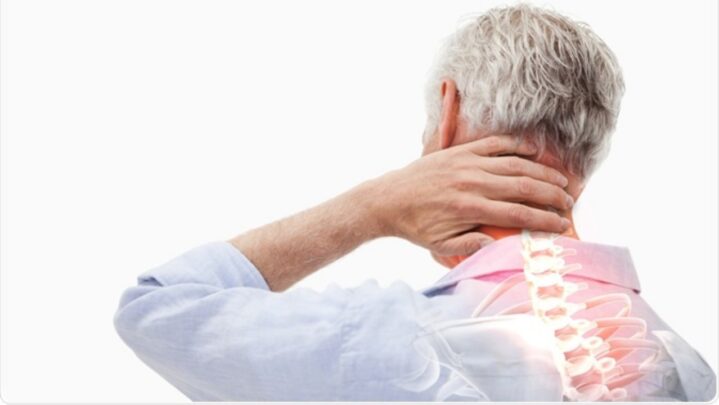Chronic pain is defined as discomfort that lasts longer than two to three months. It’s possible that the discomfort will be constant or that it will come and go. It can occur in any part of your body.
Chronic discomfort might make it difficult to go about your regular routine. It can cause melancholy, worry, and inadequate sleep, all of which can exacerbate your discomfort. This reaction sets in motion a tough cycle.
Chronic pain is distinct from intense pain, which is a different form of pain. When you are injured, you experience extreme pain. Chronic pain can last for months after an injury or illness has healed. It can even happen for no apparent cause.
Causes of Chronic pain
You could be suffering from a long-term illness like arthritis or cancer, which can lead you to be in constant discomfort. Injuries and illnesses can alter your body’s physiology, making you more susceptible to pain. A fracture, a broken bone, or a short disease can all leave you in chronic discomfort.
However, in many circumstances, determining the cause of chronic pain can be a difficult and even confusing task. Even if it starts with an injury or disease, chronic pain can have a significant impact on mental health after the medical issue has been resolved.
Risk factors of chronic pain
There are numerous risk factors that have been identified as leading to a lifetime of chronic pain difficulties.
Old age is a fact of life that everyone will face at a certain point. As you grow older, your system becomes more vulnerable to health issues, particularly those that lead to chronic pain, such as joint pain and hypertension. Chronic pain is more likely to hit those who already have health issues, such as a weaker immune function or a history of injuries.
Other risk factors which are sometimes inescapable include extreme stress from the job or personal life or anxiety, or any history of sexual, emotional, or mental trauma.
Treatment
There is presently no solution for chronic pain, other than identifying and treating the underlying cause. Healing arthritis, for instance, can occasionally alleviate joint pain.
Many people who suffer from chronic pain are unaware of the source and are unable to find a solution. Staying away from an unsustainable diet, preferring to consume healthy foods, getting regular exercise, and refraining from drugs and liquor overuse are all good ways to hope for a future free of chronic pain.





